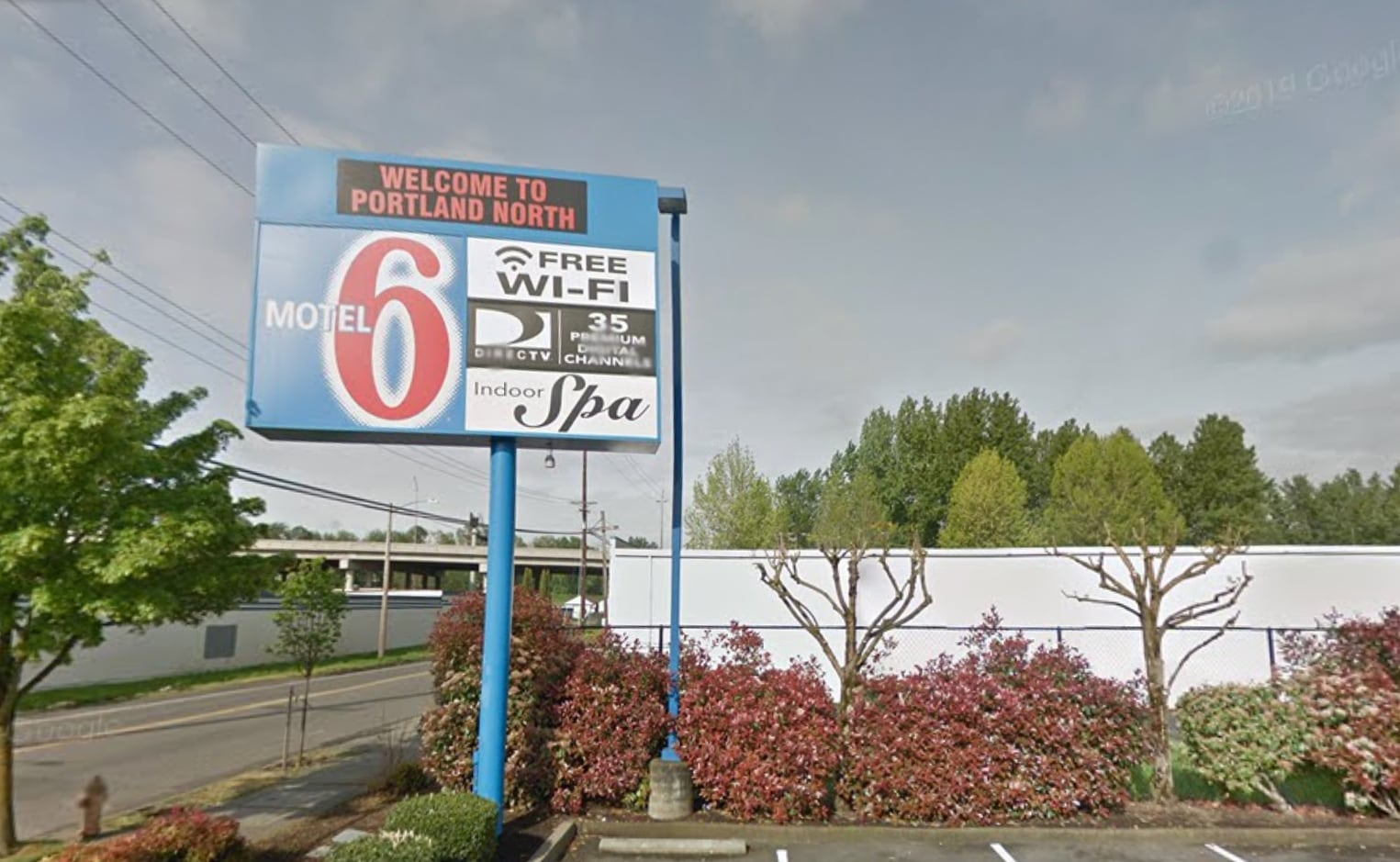Multnomah County is getting ready to relocate a successful motel shelter that predominantly serves homeless Black people to a larger space in North Portland.
For just about $1.8 million annually, county officials have negotiated a 10-year lease on a 65-room Motel 6. Beginning in 2026, that price is anticipated to increase by 2% yearly. According to officials, the amount covers maintenance, housekeeping, insurance, and utilities.
In a meeting on Thursday, Anna Plumb, deputy director of the county’s homelessness services department, stated that the establishment of a hotel shelter in a portion of the county where there were previously no shelter options focuses on geographic distribution and geographic equity.
On Thursday, the lease for the Motel 6 on North Schmeer Road next to Delta Park was overwhelmingly authorized by the county board of commissioners.
The county will pay the Urban League of Portland, which focuses on services for persons of color and the Black community, to operate the facility in addition to the building expenditures. This fiscal year, the nonprofit’s current contract with the county cost close to $2.4 million. Although the county and the nonprofit are still negotiating a new contract, it is anticipated that the amount paid to the Urban League will grow as a result of the larger building’s need for more workers.
According to officials, the Jamii shelter program was started at the start of the COVID-19 pandemic to provide beds for persons of color who live in socially isolated areas. The program is currently operated by Urban League from a motel close to Overlook Park on North Interstate Avenue. This year, the county spent $1.1 million on that lease, which expires on January 31. If the lease was extended, officials predicted that rate would increase by 9% to 17%.
According to organizers, the program the motel will host has continuously produced results. Over the course of a year, from July 2023 to 2024, 55% of those who left the shelter found permanent home. Others went on to pursue medical programs, behavioral health services, or drug addiction therapy. According to authorities, only 3% went back to the streets.
Men and women of various races are accepted into the motel shelter program. According to county records, 97% of the 79 shelter users during the previous fiscal year were people of color, 1% were white, and 1% were unknown. According to officials, the initiative gives preference to persons of color while not excluding anyone on the basis of race or any other protected class as required by fair housing laws.
According to the county, Urban League collaborated with county representatives to determine the ideal site. According to officials, the Motel 6 boasts greater amenities and 18 more rooms than the existing structure. They also acknowledged its location in historic Vanport, which was devastated by a flood that washed entire homes away into the Columbia Slough over 75 years ago,disproportionatelyimpacting Black residents in what was once Oregon s second-largest city.
In a statement, the county acknowledged Vanport’s heritage and the community affected by the 1948 disaster. This initiative serves populations that have previously been neglected by government services and is an example of the county’s deliberate investment in culturally specialized services. That includes the same communities that the historic flood affected.
Officials said the Motel 6 was the best option available based on size, price and location.
Commissioners last week voted unanimously in favor of the new lease, but raised concerns about its costs as budget cuts loom. While motel shelter programs cost more than traditional congregate county shelters, they are cheaper than some other popular shelter models, data show. On average, one unit of motel shelter costs the county $53,500 a year, compared to $59,500 for outdoor shelter, according to data shared by the county. A spot in one of Portland s Safe Rest Villages costs $63,500 a year.
The current Jamii center costs far above the average at around $77,000 per unit annually, officials said. That s in part because the shelter typically serves people over 55 and those with disabilities who need greater access to care, according to the county.
Commissioner Shannon Singleton, who took office earlier this month and served a stint leading the county s homelessness abatement efforts, emphasized that the county should balance having variety in shelter programming while managing costs.
I want to note Commissioner (Julia) Brim-Edwards questions about costs, and I think Commissioner (Sharon) Meieran mentioned this as well, Singleton said Thursday. It s a question we have to wrestle with: Are we just providing safety off the streets? Are we providing housing placement? What is the mix of both?
Officials will begin moving people into the new shelter in mid-January. The county can opt to end the lease each year and will have the option to purchase the building when the lease is up, officials said.
Austin De Dios covers Multnomah County politics, programs and more. Reach him at 503-319-9744,adedios@oregonian.comor @AustinDeDios.
Your support is essential to our journalism. Sign up for OregonLive.com now.
Note: Every piece of content is rigorously reviewed by our team of experienced writers and editors to ensure its accuracy. Our writers use credible sources and adhere to strict fact-checking protocols to verify all claims and data before publication. If an error is identified, we promptly correct it and strive for transparency in all updates, feel free to reach out to us via email. We appreciate your trust and support!







